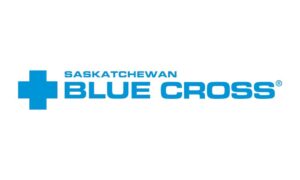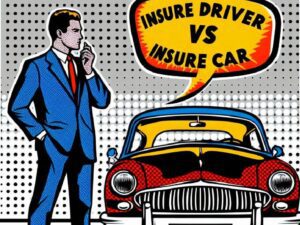Is it good to have a $0 deductible?
Is it good to have a $0 deductible?
Health insurance with zero deductible or a low deductible is the best option if you expect to need major medical services during the coverage period. Even though these plans are usually more expensive to purchase, you could pay less overall because the insurer’s cost-sharing benefits will kick in immediately. Feb 14, 2022
What does 20% deductible waived mean?
When the insurance company waives your deductible, it simply means that you don’t have to pay it. Mar 21, 2018
What is the difference between out-of-pocket and deductible?
Essentially, a deductible is the cost a policyholder pays on health care before the insurance plan starts covering any expenses, whereas an out-of-pocket maximum is the amount a policyholder must spend on eligible healthcare expenses through copays, coinsurance, or deductibles before the insurance starts covering all … May 7, 2020
Can employer make you pay back FSA?
Generally, the uniform coverage rule does not allow employers to charge an employee for the balance of a health flexible spending account (FSA) if his or her employment ends mid-year.
What happens to my unused FSA money?
In typical years, any unused money in your FSA at the end of the plan year is forfeited unless your employer gives you a 2.5-month grace period to spend the money. For health-care FSAs only, some employers allow you to carry over a certain amount (up to $550 for 2021) into the next year. Dec 22, 2021
What happens if I use my FSA incorrectly?
What Happens If I Use My FSA Incorrectly? If the benefits card is accidentally or intentionally utilized for ineligible expenses, you are responsible for reimbursing your account. You will be notified if you have an ineligible expense and your benefits card may be deactivated until your account is reimbursed. Dec 21, 2021
What does 80% coinsurance mean?
An eighty- percent co-pay (or coinsurance) clause in health insurance means the insurance company pays 80% of the bill. A $1,000 doctor’s bill would be paid at 80%, or $800. Apr 8, 2013
Does insurance cover anything before deductible?
All Marketplace plans cover preventive care. Screenings, immunizations, and other preventive services are covered without requiring you to pay your deductible. Many health insurance plans also cover other benefits like doctor visits and prescription drugs even if you haven’t met your deductible. Jan 28, 2014
What is an example of comprehensive insurance?
Comprehensive insurance coverage is defined as an optional coverage that protects against damage to your vehicle caused by non-collision events that are outside of your control. This includes theft, vandalism, glass and windshield damage, fire, accidents with animals, weather, or other acts of nature.
What is the difference between full coverage and comprehensive insurance?
The difference between full coverage and comprehensive insurance is that full coverage is a car insurance policy that includes both comprehensive and collision insurance along with the state’s minimum requirements. Comprehensive insurance covers damage to a car from things other than accidents, like theft or fire. Feb 4, 2022
Is hitting a deer an act of God?
Deer do not qualify as an “Act of God” There is a common misconception that deer accidents are considered “Acts of God,” implying that any deductible is waived by an insurance company. There are even rumors that the state would refund you your deductible. In reality, that’s not the case. Oct 31, 2019
How do I know if my insurance is comprehensive?
We all know one thing that the primary difference between third-party car insurance and a comprehensive car insurance one is that of coverage. The third-party insurance as clear with the name only covers for third party liabilities, while the comprehensive one covers for damages done to own vehicle as well.
What are the 3 types of car insurance?
The three types of car insurance that are universally offered are liability, comprehensive, and collision insurance. Drivers can still purchase other types of auto insurance coverage, like personal injury protection and uninsured/underinsured motorist, but they are not available in every state.
What is the best liability coverage for car insurance?
The best liability coverage for most drivers is 100/300/100, which is $100,000 per person, $300,000 per accident in bodily injury liability and $100,000 per accident in property damage liability. You want to have full protection if you cause a significant amount of damage in an at-fault accident. Mar 5, 2022
What is a good comprehensive deductible?
Typically, insurance agents recommend that your comprehensive deductible be between $100 and $500. Comprehensive claims tend to be filed for less damage than collisions, so having a lower deductible is often logical. Sep 14, 2021




